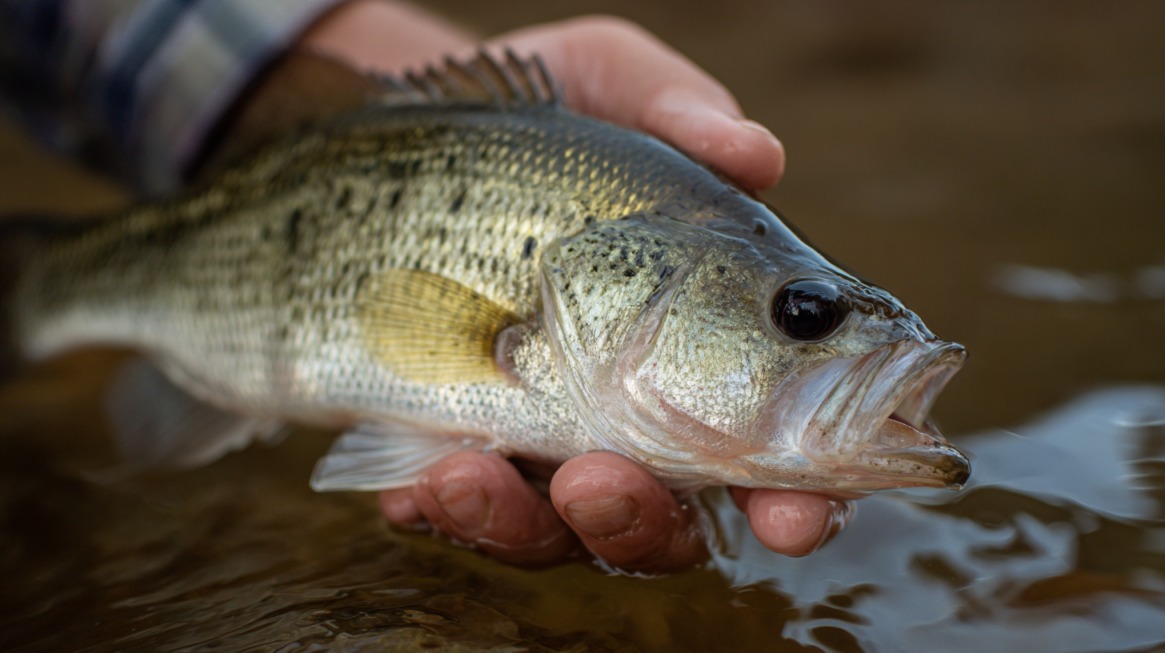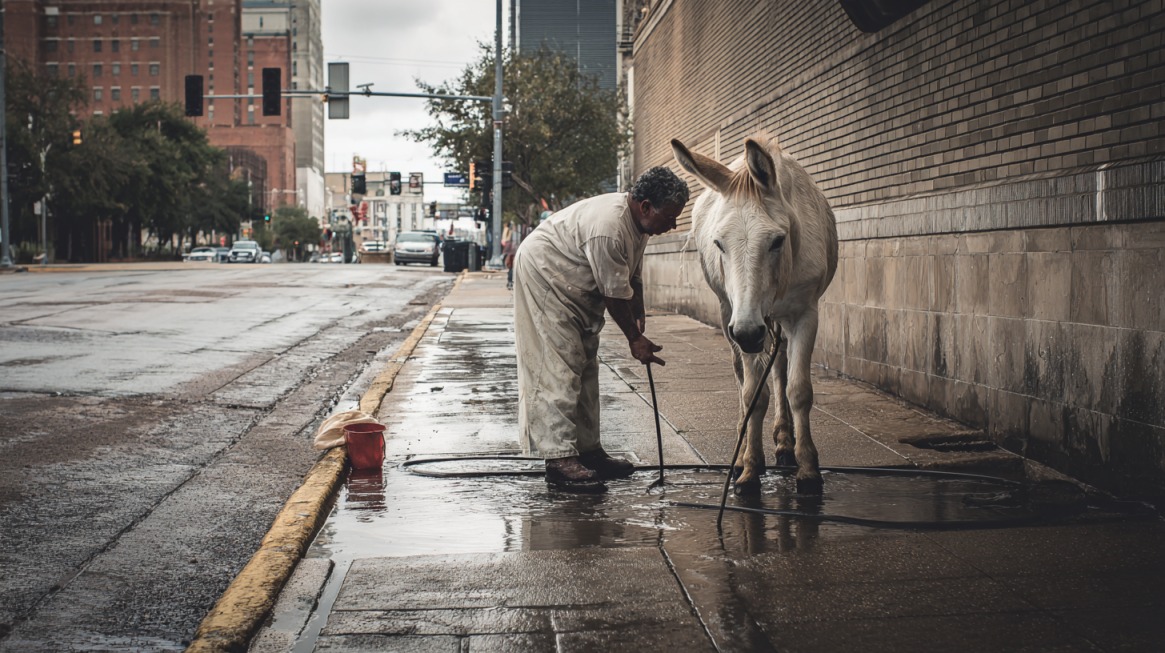Strange laws can offer unexpected glimpses into the past. In Virginia, some still linger in the legal code.
A few have historical origins, others serve as curious relics. Some remain enforceable, while others border on myth. A few are exaggerated urban legends, but many are traceable to actual statutes that once had serious intent or still technically exist.
Let us talk about weird laws we can find in Virginia today.
Table of Contents
Toggle1. Illegal to Spit in Public

Spitting in public may seem harmless to some, but Virginia’s sanitation laws treat it as a criminal act. Under state code, this behavior is classified as a Class 4 misdemeanor.
Although rarely prosecuted in practice, the law serves as a reminder of public health priorities that shaped earlier city ordinances.
Emphasis lies not only on cleanliness but also on the message such laws send about civil conduct.
This regulation applies to a wide range of public areas.
- Sidewalks in city or town centers
- Entrances and interiors of public buildings
- Stairwells shared by the public, including those in transportation hubs and government buildings
In some municipalities, signs still warn against spitting, particularly in places frequented by large crowds.
Despite its outdated feel, the statute remains technically enforceable.
2. Only Genuine Smithfield Hams Can Be Labeled as Such
Smithfield, Virginia, holds a long-standing reputation for producing a specific style of dry-cured ham. In defense of this heritage, the state has enacted legislation preventing misuse of the term “Smithfield ham.”
A pork product must be cured within the geographic boundaries of Smithfield to carry the label legally.
The law isn’t about meat preference, it’s about protecting a name and its significance.
- Ham must be processed entirely within Smithfield
- The curing process must follow the traditional Smithfield method
- Any deviation makes the use of the term “Smithfield ham” illegal
Much like certain wine or cheese naming conventions in Europe, this regulation reinforces the importance of authenticity in food labeling.
3. Illegal to Use Substances Injurious to Fish

Fishing might be a peaceful sport, but Virginia takes conservation seriously.
A law on the books classifies the use of harmful substances, such as poison or explosives, to catch fish as a Class 1 misdemeanor.
This offense is considered serious due to its environmental consequences.
- Use of chemicals to poison water
- Deployment of explosive devices in lakes or rivers
- Use of electricity to stun aquatic life
Such actions pose immediate threats not just to fish populations, but to surrounding ecosystems. Officers with environmental protection agencies are authorized to enforce these rules rigorously.
4. No Coin Tossing to Decide Who Pays for Coffee (Richmond)

In Richmond, settling a bill with a simple coin toss might technically violate city law.
In restaurants, using a coin flip to determine payment is categorized under anti-gambling ordinances. Though enforcement is nonexistent, the law technically remains intact.
Its roots likely tie into efforts to curb even minor instances of chance-based decision-making in public establishments.
- Coin flips for paying restaurant tabs
- Dice games at tables to determine bill payers
- Any similar games of chance played in dining areas
Restaurants don’t typically enforce or report such behavior, but the law represents a time when gambling restrictions took an extremely literal form.
5. Cannot Wash a Mule (or Donkey) on the Sidewalk (Culpeper)

Culpeper once had livestock strolling through town, and its sidewalk-washing law made perfect sense back then.
Washing a mule or donkey on a public sidewalk was seen as a health risk and nuisance. The ordinance aimed to prevent street flooding, animal waste buildup, and general obstruction of foot traffic.
- Applies only to public sidewalks, not private property
- Enforced historically during market days and animal trade events
- Written with mules and donkeys explicitly mentioned, not horses
The livestock may have vanished from modern Culpeper streets, but the law lingers in the books like a stubborn mule itself.
6. Prohibited to Sell Speleothems (Cave Formations)

Virginia law makes it illegal to collect and sell speleothems, better known as stalactites and stalagmites.
Natural formations take centuries to develop and are highly sensitive to disturbance. Removing them disrupts fragile cave ecosystems, prompting strict conservation policies.
Violating this law results in a Class 1 misdemeanor. Those who think selling such formations as souvenirs or curiosities will find themselves facing legal trouble.
- Applies to both public and private caves
- Includes collection, sale, or destruction of formations
- Penalties include fines, potential jail time, and confiscation
Enforcement typically falls on park rangers and environmental officers who monitor tourist and spelunking activity.
7. Driving Past the Same Spot Twice in 30 Minutes (Virginia Beach)

Virginia Beach has long battled loitering and unwanted activity along its busy boardwalk and commercial areas. One tactic involved enacting a law that prevents any vehicle from passing the same spot more than once in a 30-minute span.
The rule aims to deter gang activity, unauthorized meetups, and general congestion.
The ordinance gained attention during spring break and summer weekends when traffic control became urgent.
- Law applies primarily to areas surrounding the beachfront
- Surveillance used to track vehicles making repeated loops
- Offenders may receive citations or be asked to leave the area
Though easy to dismiss as silly, this law functions more as a public order tool than a novelty.
8. Filial Responsibility Law
One of Virginia’s more serious yet rarely used laws requires adult children to financially support their indigent parents.
Known as a filial responsibility statute, it finds its roots in early English law. In theory, courts can compel financially capable adults to pay for a parent’s housing, food, or medical care.
Although almost never enforced, the law still exists in full effect.
- Obligation triggered when parents cannot afford basic necessities
- Determination of “financial ability” left to judicial discretion
- Enforcement can involve garnishment or court-ordered support
Health care providers or social services may occasionally cite the law in disputes involving unpaid nursing home or medical bills, but actual cases remain scarce.
The Bottom Line
Society changes faster than legislation. Many of Virginia’s more unusual laws reflect cultural norms that have faded or transformed.
Others persist out of technical oversight or tradition. Studying these regulations reveals more than quirks, they offer a snapshot into how communities once operated.
Checking your local ordinances could reveal similar oddities still hidden in plain sight.
Related Posts:
- 12 Scariest Abandoned Places in Virginia You Can Still Visit
- How Has Virginia Beach Changed Over the Years?
- 12 Must-Visit Attractions in Virginia Beach in 2024
- Virginia Beach vs. Myrtle Beach - What Are the Main…
- 10 Free Things to Do in Virginia Beach This Summer
- Virginia Beach vs Ocean City - Which Is Better to Visit?







